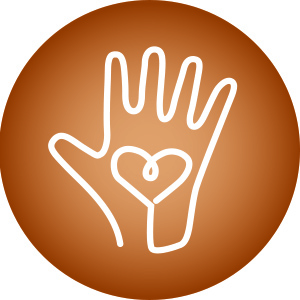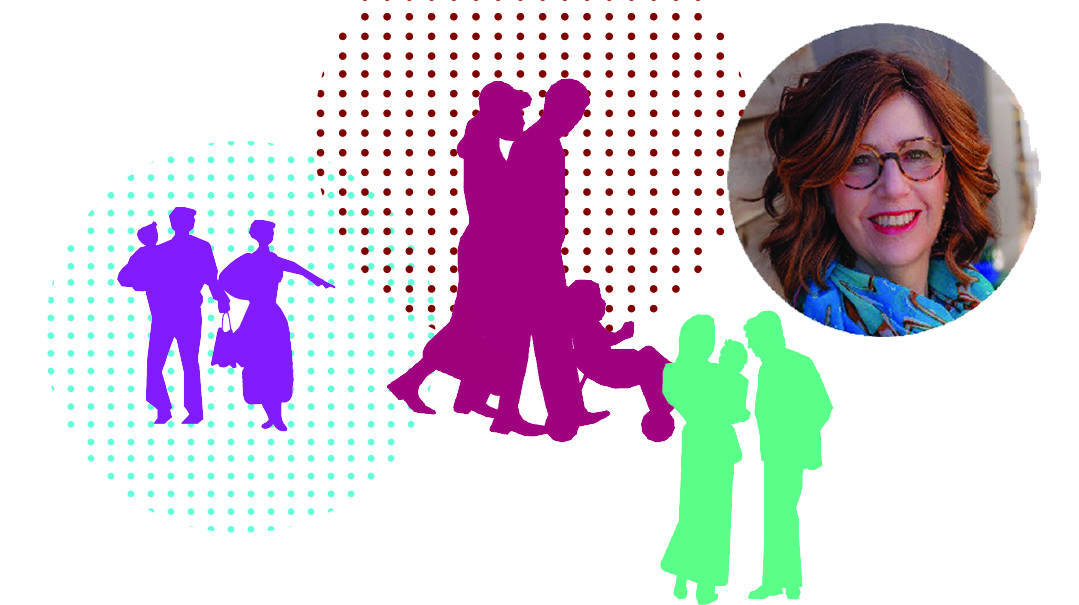How Can I Become a More Present Wife and Mother?

Once you are present in the interaction you will enjoy it far more
Hi,

Your problem is a common one, applying to so many of us in this day and age. In fact, of late we have been referred to as “human doings” instead of “human beings” because it seems that we just can’t stop doing something.
Our activity is compulsive whether it is worthwhile or worthless — we have a need to always produce something, finish something, engage with someone or something, keep up with something. The subject is nicely addressed in a small recent publication: The Joy of Doing Nothing by Rachel Jonat. The phrase “doing nothing” refers to a mindset than to an activity; it is the freedom to just be present for a while without striving or accomplishing. It includes the ability to just sit with a child, stroking her hair or reading her a story, putting aside the have-to list and the to-do list, immersing fully in the moment — inhaling it, tasting it, enjoying it, savoring it.
It turns out that giving ourselves time to really experience our activity or inactivity is extremely beneficial for our spiritual, mental, emotional, and physical well-being. Because you want to know how to do it rather than why to do it, I won’t describe those benefits in detail here; you can discover them yourself once you start adding still-time to your life.
The good news is that adding still-time does not require added time. You can plow through your day as you’ve always done, cleaning your home, attending to your family, talking to your friends. If you learn to pause for a moment as you point out a passing fire truck to your toddler, it won’t subtract 30 seconds from your busy schedule, as you probably already do this. But what you may not be doing is enjoying that moment in the fullest way.
Perhaps you are hurrying along to your next destination with your toddler in tow when the screaming truck whirs by. You keep moving, eyes focused straight ahead, intent on getting to where you need to be, even as you point out the truck — “Oh look! A fire truck!” But what if you did a deep dive instead? What if you looked at the truck along with your child, soaking in its sleek lines, its flashing lights, its awesome ladders? What if you saw what your little one sees and shared that joy with him, feeling your soul connect with his as the two of you gaze in wonderment?
The whole experience would transform you, your relationship to your child, and your relationship to your day. Instead of recording “I dropped the clothes off at the cleaners” your mind and heart records with joy “we saw a fire truck!”
This deep-dive strategy will help connect you to your loved ones and effectively remove the guilt that you speak of. You do have a lot to do as a wife and mother. And you do have a right and a need to connect to your friends. And, you don’t have to get down on the floor and play games with your kids in order to be a good parent. But what you do need to do is bring yourself into the moments that you share with family. When engaging with loved ones, actually engage. Look at them and see them. Talk to them and listen to them.
Once you are present in the interaction you will enjoy it far more. You will feel the preciousness of the interaction, the flow of loving energies, the miracle of life, the kindness of Hashem. Focus your mind to focus your heart. Practice the skill of turning your attention fully toward your loved one instead of leaving it behind in its task while only your face or body turns. Now we’re eating. Now we’re tidying up. Now I’m on the phone while you are playing nearby. Now I’m rinsing dishes. Now I’m resting.
In this way, without reference to what you need to do next or what’s happening tomorrow — you do your tasks while doing your tasks and you’re fully with your husband and kids when you’re with them for however many minutes that might be. See how this small change changes everything.
Have a question for Mrs Radcliffe? Send your queries about parenting or personal growth to familyfirst@mishpacha.com
(Originally featured in Family First, Issue 756)
Oops! We could not locate your form.

